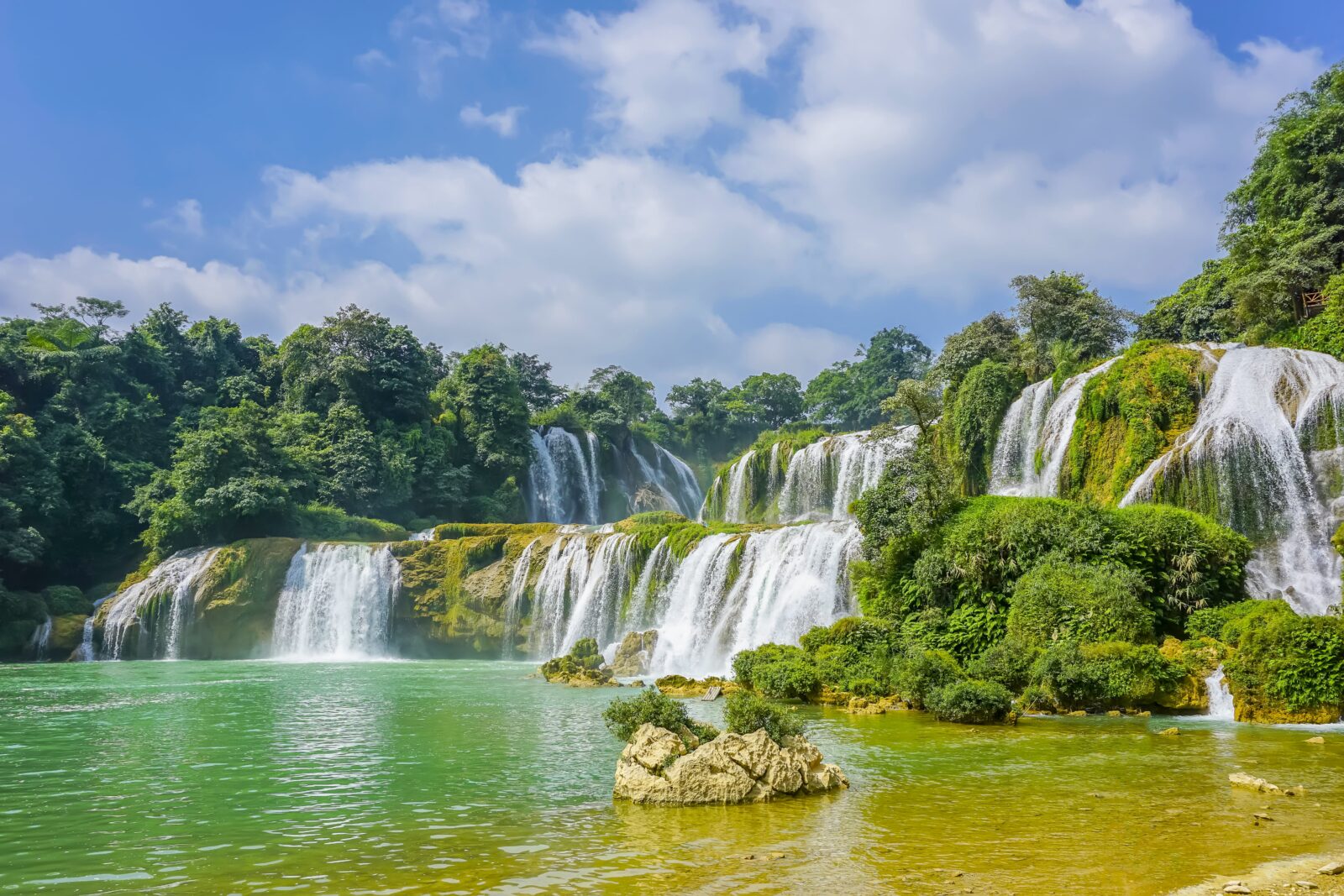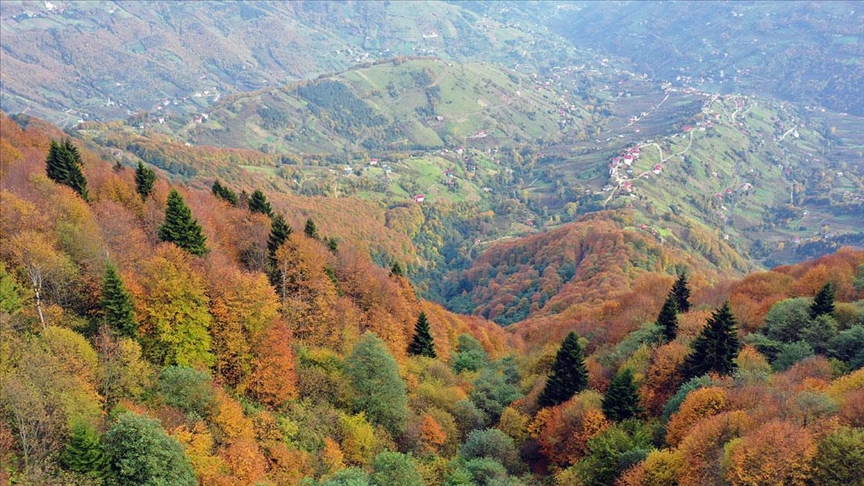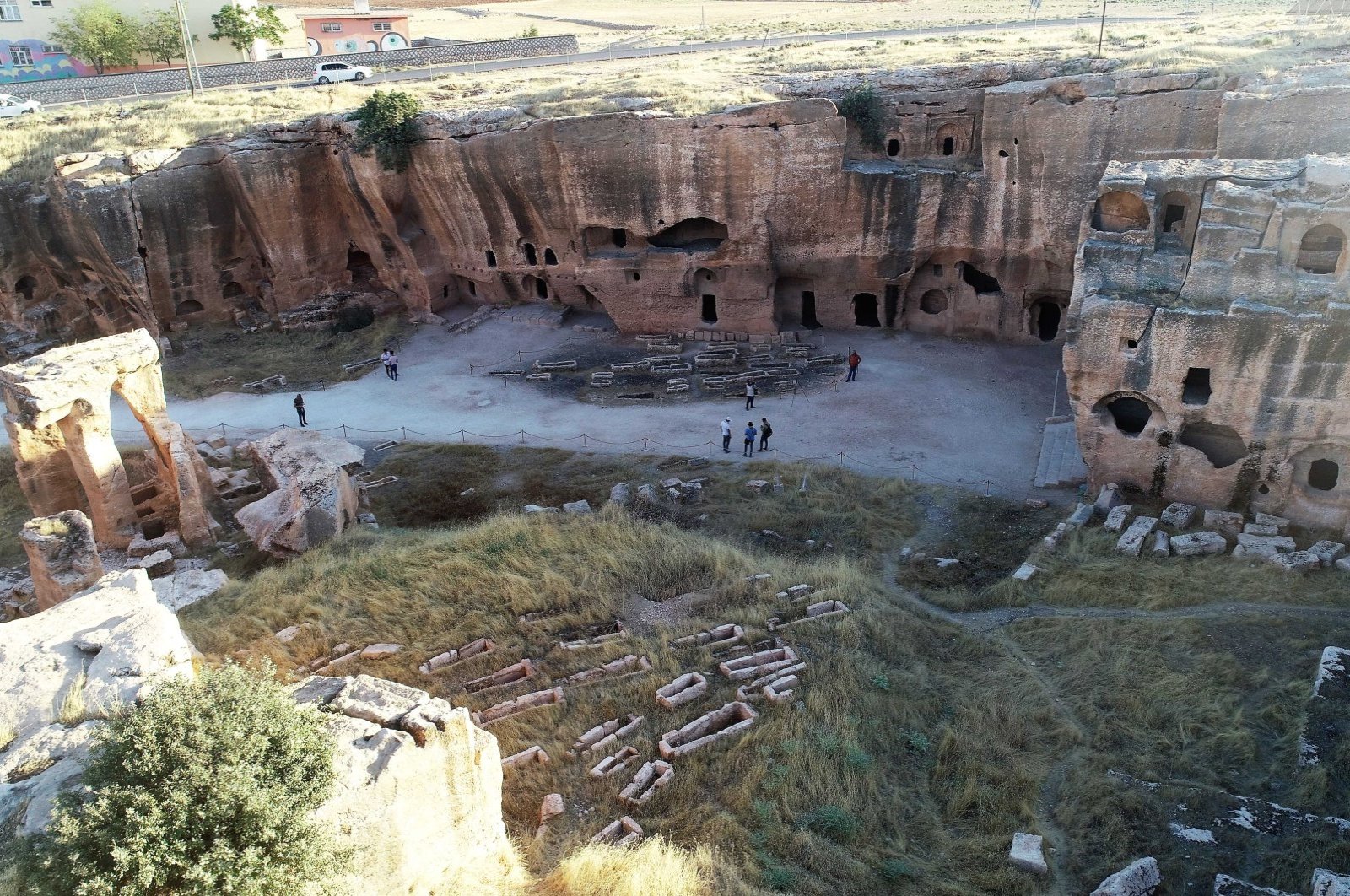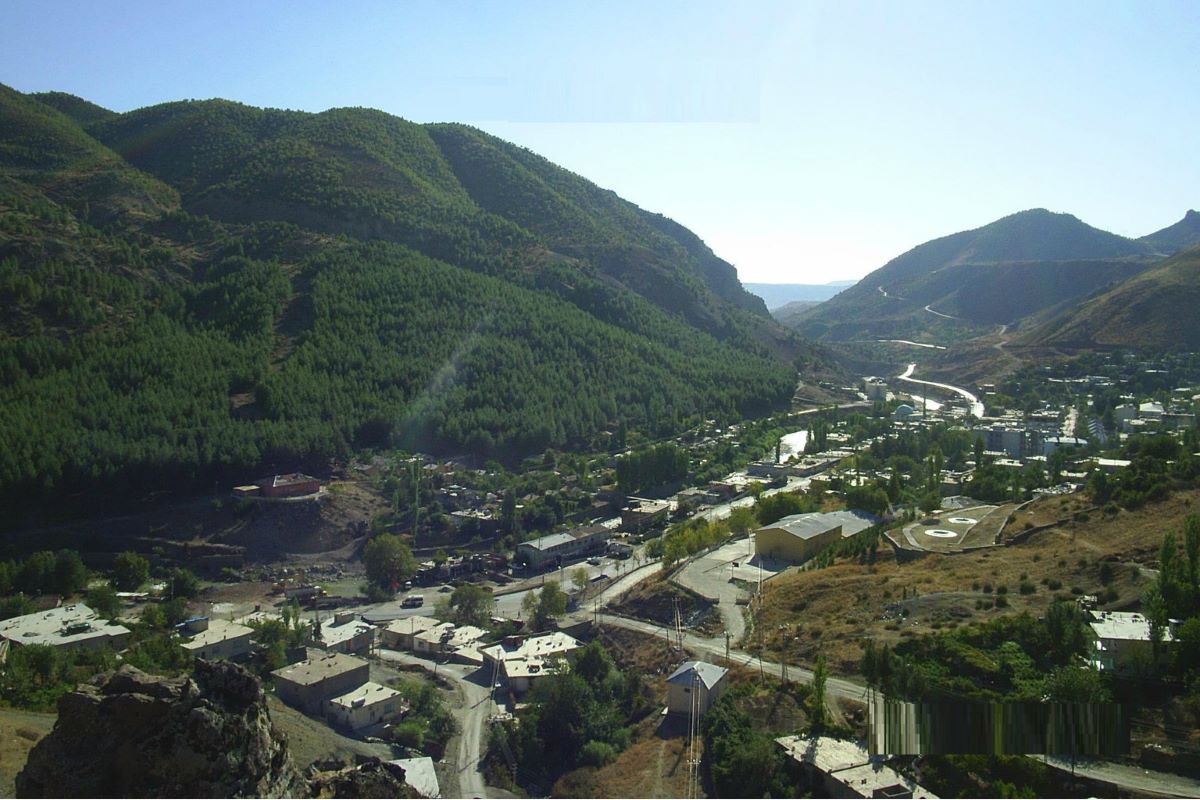
Türkiye is actively preserving its natural wealth and embracing sustainable tourism practices. By promoting eco-tourism and environmentally friendly travel, the country contributes to protecting its natural heritage and creating a sustainable tourism environment for future travelers.
These efforts not only help conserve the environment but also support local communities through economic growth and cultural preservation. By involving local populations in green initiatives, Türkiye ensures that the benefits of tourism are shared equitably and that its unique natural and cultural resources are respected.

Sustainable tourism focuses on preserving nature, biodiversity, cultural integrity, and ecosystems. It emphasizes using natural and cultural resources in ways that benefit future generations. This approach promotes environmental stewardship, social equity, heritage preservation, and economic development.
Rather than being a specific tourism type, sustainable travel is a broad framework encompassing various methods aimed at protecting the environment, culture, and economy. Within this framework, eco-tourism has seen notable advancements.

Türkiye offers a range of destinations where travelers can enjoy natural beauty and cultural heritage while practicing sustainability. These highlighted locations reflect Türkiye’s commitment to environmental protection and provide memorable travel experiences.

Hidirnebi plateau trail, Trabzon
In Trabzon, the Hidirnebi Plateau eco-tourism trail draws in many local and international tourists, especially during summer months. Visitors enjoy its rich vegetation and forests, making it a top choice for photography enthusiasts and an ideal spot for nature tourism lovers.

Derbent, Konya
Located in Konya, the Derbent sustainable tourism area features a trail extending over 15 kilometers. Visitors can engage in activities such as photography, hiking, nature tourism, outdoor sports, mountain biking, and scientific tours while exploring this eco-tourism area.

Ancient City of Dara, Mardin
The Ancient City of Dara in Mardin dates back to the 6th-century, with the city itself being carved into rock. This eco-tourism area features a 13-kilometer walking trail. Both local and international tourists frequently visit this area, where they can participate in photography, nature tourism, outdoor sports, scientific tours, and various sporting events.

Baykan, Siirt)
The Baykan eco-tourism area in Siirt features a trail extending over 22 kilometers. Visitors to this eco-tourism area can engage in activities such as picnicking, photography, hiking, nature tourism, scientific tours, and various sporting events.

Baskonus eco-tourism area, Kahramanmaras
The Baskonus eco-tourism area in Kahramanmaras offers an 11-kilometer walking trail through rich vegetation. Visitors enjoy activities such as photography, hiking, nature tourism, mountain biking, and scientific tours.
Countries bear significant responsibilities in protecting and sustaining global resources. To manage eco-tourism effectively, governments should:
In Türkiye, with its rich natural, historical, and cultural treasures, prioritizing eco-tourism and sustainable tourism initiatives is crucial. The country must focus on protecting these wonders and pass them on to future generations.
Eco-tourism activities allow you to reconnect with nature and immerse yourself more deeply and authentically in the cultural fabric of your travel destinations. By participating, you help preserve the heritage of the places you visit and enjoy a richer, more fulfilling experience. So, how can you actively contribute to the eco-tourism movement?

For example, choose to shop at local and boutique businesses instead of international chain restaurants or supermarkets. This decision supports the local economy, helps preserve the area’s unique character, and reduces the carbon footprint of your shopping.
By adopting environmentally-friendly travel practices, you actively contribute to responsible tourism and support local communities. Every choice you make, whether opting for green accommodations or participating in conservation efforts, helps protect the natural and cultural treasures that make destinations like Türkiye unique. Embracing these principles enriches your travel experience and ensures that future generations can enjoy and appreciate the world's diverse and beautiful landscapes. Join the responsible travel movement and make a positive impact with every journey you take.